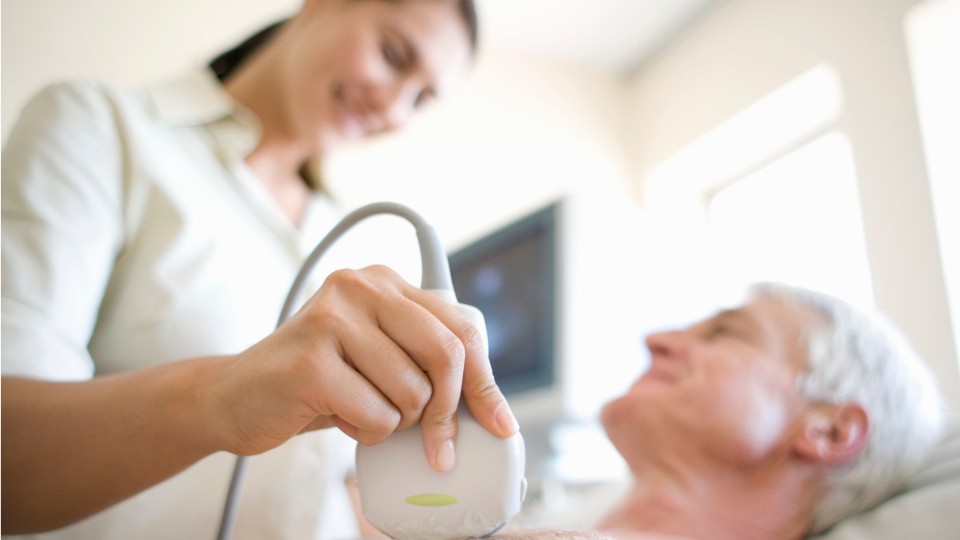Cardiovascular Technologists & Technicians
Cardio Tech (Cardiovascular Technician), Cardiology Technician, Cardiovascular Technologist (CVT), Registered Cardiovascular Invasive Specialist (RCIS)
What they do:
Conduct tests on pulmonary or cardiovascular systems of patients for diagnostic, therapeutic, or research purposes. May conduct or assist in electrocardiograms, cardiac catheterizations, pulmonary functions, lung capacity, and similar tests.
On the job, you would:
- Conduct electrocardiogram (EKG), phonocardiogram, echocardiogram, stress testing, or other cardiovascular tests to record patients' cardiac activity, using specialized electronic test equipment, recording devices, or laboratory instruments.
- Explain testing procedures to patients to obtain cooperation and reduce anxiety.
- Monitor patients' blood pressure and heart rate using electrocardiogram (EKG) equipment during diagnostic or therapeutic procedures to notify the physician if something appears wrong.
Knowledge
Business
- customer service
Arts and Humanities
- English language
Health
- medicine and dentistry
Engineering and Technology
- computers and electronics
Skills
Basic Skills
- listening to others, not interrupting, and asking good questions
- keeping track of how well people and/or groups are doing in order to make improvements
Problem Solving
- noticing a problem and figuring out the best way to solve it
Social
- understanding people's reactions
- looking for ways to help people
Abilities
Verbal
- communicate by speaking
- listen and understand what people say
Ideas and Logic
- notice when problems happen
- make general rules or come up with answers from lots of detailed information
Visual Understanding
- quickly compare groups of letters, numbers, pictures, or other things
- see hidden patterns
Hand and Finger Use
- keep your arm or hand steady
Personality
People interested in this work like activities that include practical, hands-on problems and solutions.
They do well at jobs that need:
- Stress Tolerance
- Self-Control
- Cooperation
- Cautiousness
- Integrity
- Attention to Detail
Technology
You might use software like this on the job:
Medical software
- Electronic medical record EMR software
- MEDITECH software
Data base user interface and query software
- Database software
- Structured data entry software
Web platform development software
- Hypertext preprocessor PHP
- JavaScript
Education
Education: (rated 3 of 5)
associate's degree or
certificate after high school
usually needed
certificate after high school
usually needed
Job Outlook
Average
New job opportunities are likely in the future.
Explore More
- Diagnostic Medical Sonographers
- Neurodiagnostic Technologists
- Radiation Therapists
- Radiologic Technologists & Technicians
- Respiratory Therapists
You might like a career in one of these industries:
See more details at O*NET OnLine about Cardiovascular Technologists & Technicians.





